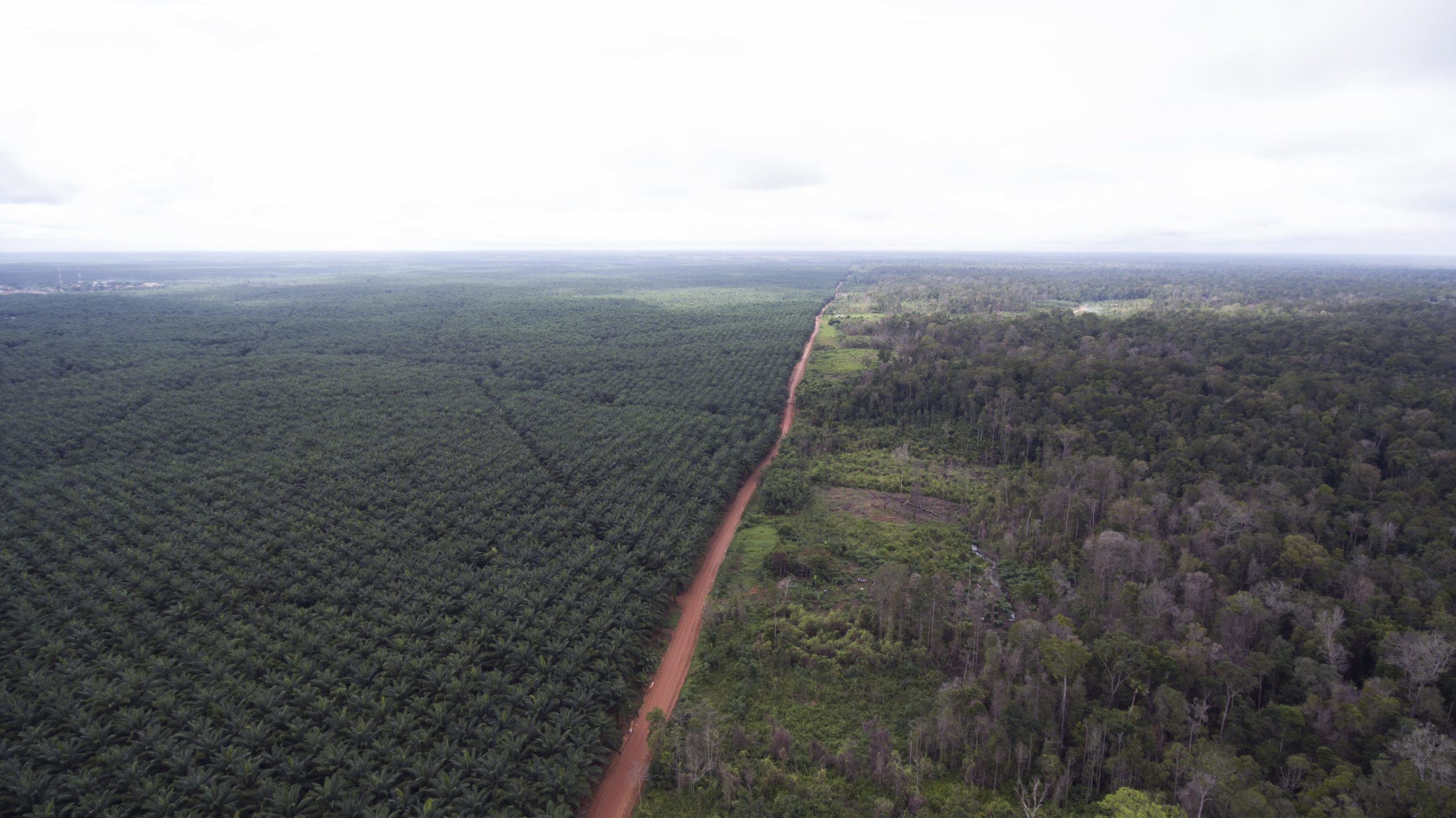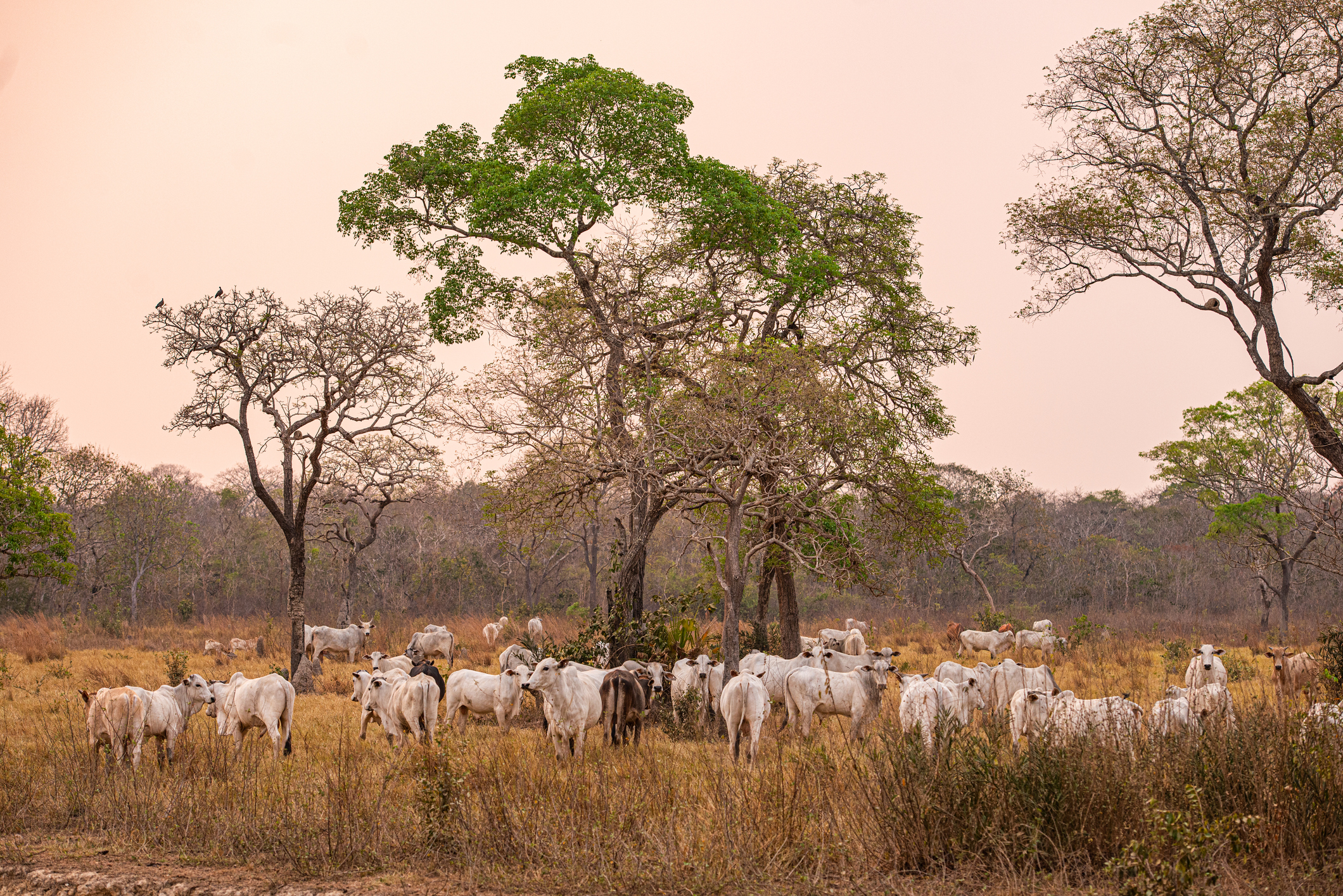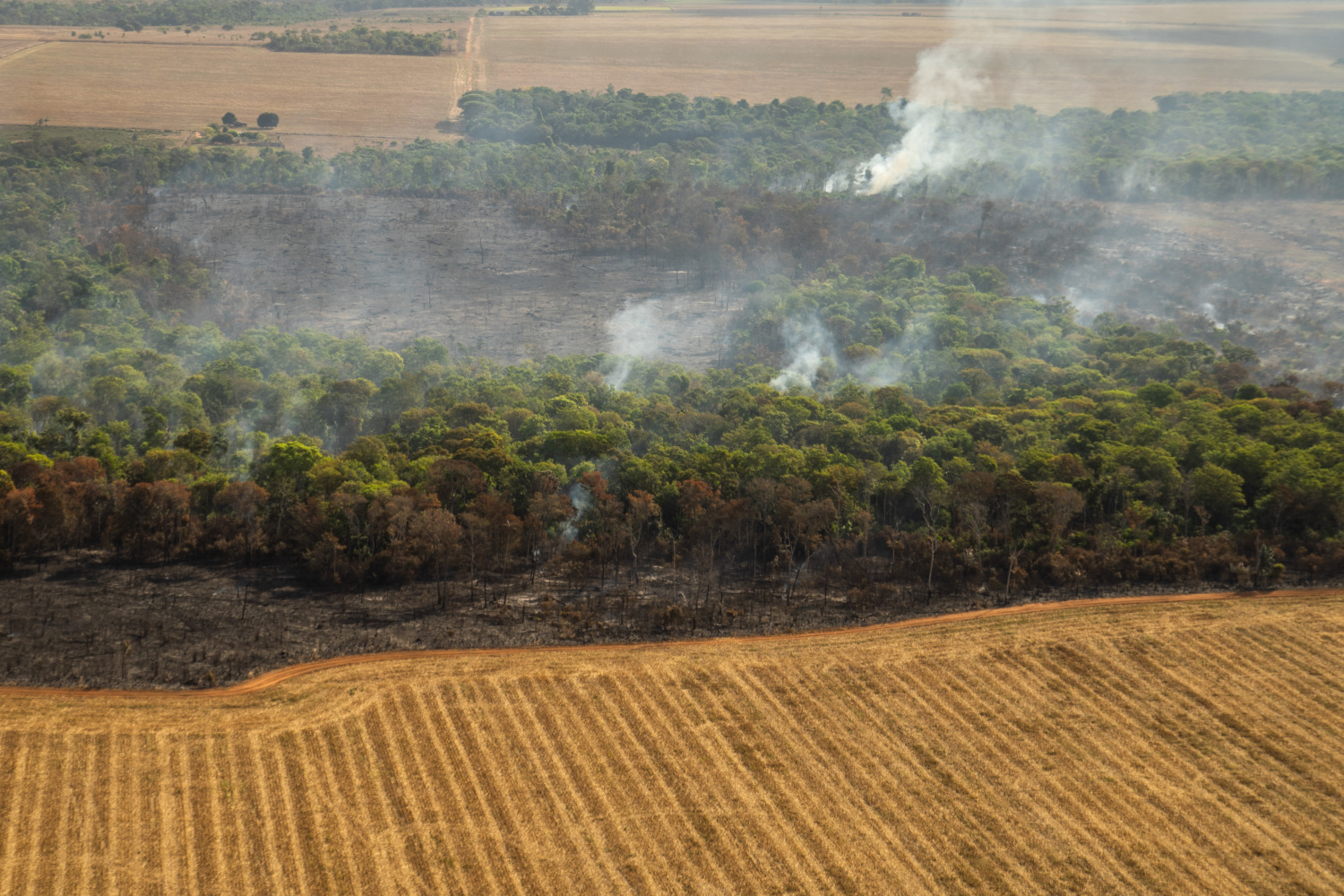
Korindo Subsidiary’s New ‘Sustainability’ Commitments Fail to Deliver Meaningful Change
UPDATE (12/16/16): On December 1st, Korindo’s subsidiaries PT Papua Agro Lestari (PT PAL) and PT Gelora Mandiri Membangun (PT GMM) announced a moratorium on new land development until they finalize High Conservation Value and High Carbon Stock studies. Korindo states that the moratorium will apply to the undeveloped areas of both concessions, which total 36,000 ha in PT PAL and 4,500 ha in PT GMM. This follows an announcement by Korindo’s PT Tunas Sawaerma in November that it is placing a moratorium on new land development for its three subsidiaries (see below). This means that now Korindo has announced land clearing moratoriums for all of its palm oil subsidiaries. Korindo also stated in a letter to Mighty that it has applied for membership to the Roundtable on Sustainable Palm Oil (RSPO), an industry certification body that requires a base level of environmental protections and some transparency, but still does not prevent deforestation.
This is a very welcome development that, if implemented, buys the 75,000 ha of forests remaining in Korindo’s palm oil concessions some time. However, serious questions remain about how Korindo plans to enforce and independently verify adherence to its moratorium, whether it will use credible HCV and HCS assessors, and whether it will adopt the industry standard High Carbon Stock Approach (HCSA). Korindo continues to lack transparency, which makes it impossible to know whether it is following through on its commitments. Rather than its current piecemeal approach, Korindo should codify its commitments into a comprehensive group-level, cross-commodity policy, developed through stakeholder engagement.
Additionally, Korindo has yet to expand these commitments to its extensive plywood and logging operations, which are known to cause equally devastating ecological impacts. Despite misleading claims that its wood products business is certified by the Forest Stewardship Council (FSC), in reality, only one of its seven logging and timber concessions is certified, and that certification was suspended for three months from November 2015 to February 2016 due to illegal fires on the concession. Indeed, the extent of Korindo’s deforestation over the past five years would put it in violation of its commitments to the FSC.
Korindo also has yet to seize operating on the customary lands of local communities in North Maluku, and to return those lands to the community, or to resolve its conflicts with community groups in Papua. It has yet to issue a public grievance procedure, or to develop comprehensive policies on human rights, labor rights, or clarity on if and how it will respect the right of local communities to give or withhold their Free, Prior and Informed Consent to development on their land. Furthermore, Korindo has yet to address its legacy of serious environmental harm by investing in extensive restoration.
We urge Korindo to build on these initial steps by taking these additional essential actions, as delineated in our recommendations to Korindo in our report. Until then, Mighty and our allies will continue the campaign on Korindo. Buyers and investors should be aware that Korindo is still far from meeting the benchmark for responsible production and doing business with Korindo still entails a high risk of being associated with deforestation.
In the wake of mounting pressure from its customers, heavy exposure of its forest destruction in international media, and the threat of an Indonesian government investigation, Korindo’s subsidiary PT. Tunas Sawaerma Group (PT. TSE) announced a moratorium on new land development on November 10th.
For the sake of the 44,600 hectares of forest remaining in the concessions covered by the moratorium, we at Mighty hope that Korindo follows through on this commitment. But even if it does cease deforestation in these areas, Korindo needs to take many other actions before being considered responsible. Their announcement lacks substance, scope and detail, leading us to believe that it is meant to provide the appearance of action while largely perpetuating business as usual.
The first glaring problem with this moratorium is that it was only announced by one arm of Korindo’s palm oil business covering three subsidiaries. This group represents Korindo’s more mature plantations where significant clearing has already taken place. The moratorium notably does not cover two other Korindo palm oil subsidiaries—PT Papua Agro Lestari (PT PAL) and PT Gelora Mandiri Membangun (PT GMM)—which together amount to 30,400 hectares of remaining forest that Korindo has been actively clearing. (To read more on this, and about the serious community land rights violations committed by Korindo on PT GMM, check out our report). Furthermore, Korindo operates logging concessions in both West Papua and Kalimantan, which also are causing significant forest loss—even Korindo’s own promotional video for its plywood business shows it proudly clearing ancient forest. In short, as long as Korindo is clearing forest in any part of its operations, it cannot be considered an environmentally responsible company.
Secondly, PT. TSE uses the terms “High Carbon Stock”, “High Conservation Value”, and “Free, Prior and Informed Consent” as empty catch phrases, failing to explicitly define these terms, specify which independent assessors they are using, or commit to making the assessments publicly available. PT. TSE is notably not saying it is committed to the High Carbon Stock Approach (HCSA), widely regarded as the only credible methodology for assessing responsible land expansion that takes into account protection of forests, high carbon landscapes, biodiversity and ensuring the right of local communities to give or withhold their Free, Prior, and Informed Consent (FPIC). The vast majority of companies who have adopted “No Deforestation, No Peat, and No Exploitation” policies are committed to applying the HCSA methodology.
Third, PT. TSE fails to include contested lands in its moratorium, does not specify how it will resolve land rights disputes with local communities, and does not have a public grievance procedure for handling complaints by local communities, workers, or civil society, as do many other leading companies.
It is impossible to even evaluate PT. TSE’s compliance through Korindo’s general shroud of secrecy. Korindo is not a public company and it does not participate in any forum that requires public filings—it isn’t even one of the 3,000+ members of the Roundtable on Sustainable Palm Oil, a minimum sustainability standard that companies committed to No Deforestation have surpassed.
Korindo also fails to make any pledges regarding restoration of land it has already destroyed. The agribusiness has destroyed 50,000 hectares of forest to make way for palm oil plantations and the majority of this clearing occurred in the three subsidiaries covered by the moratorium. Yet, neither Korindo Group as a whole nor its PT. TSE Group subsidiary has made any commitments to restore these forests.
Korindo remains an irresponsible supplier, and hasn’t yet signaled any real openness to change. We hope they are open to discussions about real reform, but we haven’t seen any signs yet that they are.
The featured image shows the border between Korindo’s PT Tunas Sawaerma palm oil plantation and the forest. Boven Digoel Distict, Papua, June 2016. Credit: Mighty.


